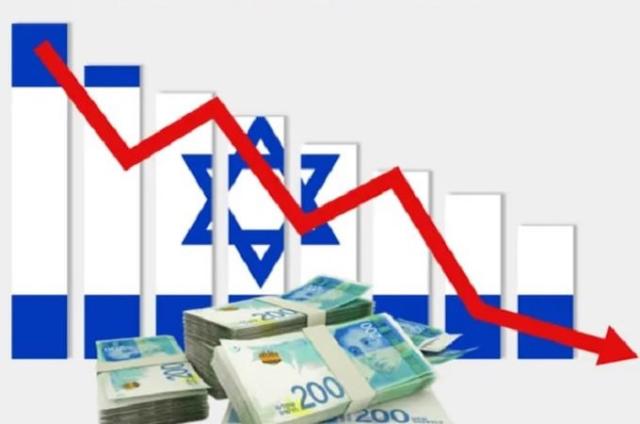In the latter part of 2023, Israel's tech sector faced a significant downturn, with startup investments hitting their lowest point since 2017. This decline, as reported by the Start-Up Nation Policy Institute (SNPI), marks a 46% drop in the final quarter of the year, coinciding with heightened tensions following the October 7 hostilities initiated by Hamas.
The conflict's impact extended beyond the immediate security concerns, profoundly disrupting Israel's economy, particularly its vibrant tech sector. Over 350,000 reserve soldiers, many of whom are integral to the tech industry, were mobilized, affecting both military operations and the sector's functionality. This mobilization, coupled with global economic challenges and domestic political uncertainties, particularly surrounding judicial reform proposals, significantly eroded investor confidence.
#Israel will do “whatever it takes” to shield its technology #startups from the fallout from the war with Hamas, the head of the country’s innovation agency has said, as he urged private investors to throw their weight behind the sector. #techhttps://t.co/9FRo5JmMHv
— #DisruptionBanking (@DisruptionBank) January 3, 2024
Uri Gabai, CEO of SNPI, stresses that 2024 is a critical year for Israeli high-tech. The sector, already grappling with global competition and local instability, faces escalating challenges. The consequences of a weakened tech sector are significant, given its contribution of 18% to Israel's GDP and its role in employing 14% of the workforce. Moreover, tech exports, which account for half of the country's total exports, underscore the sector's importance to Israel's economy.
Investment trends in Israeli startups have been declining since the second quarter of 2022, reaching their nadir in late 2023 due to the war. The year 2023 saw a stark reduction in funds raised by Israeli startups, totaling $7.3 billion, a 58% decrease from the previous year and akin to figures last seen in 2018.
1.) Labor / Employment
— Daniel (@daneasterman) January 2, 2024
- Since Oct 7th, Israel has mobilised more than 360,000 reservists, or 8% of the country’s workforce - a bigger call-up than 1973 Yom Kippur War. Many of these reservists are tech workers.
- 200k West Bank Palestinians work in Israel or the settlements.…
This decline, while part of a broader global economic downturn, has disproportionately impacted Israeli tech, with investment drops nearly double those in the US and surpassing those in Europe.
The SNPI report highlights a worrying trend of diminished foreign investor participation, crucial to the sector's vitality. In 2023, a notable number of foreign venture capitalists, traditionally active in Israeli tech, withdrew their investments – a deviation from the norm and a trend mirrored, albeit less severely, among Israeli venture capitalists.
Rothschild & Co. Israel Head: “High tech will continue to be a major sector for growth.”
— CTech (@Calcalistech) January 3, 2024
Gerry Livnat, Director of Rothschild & Co.’s Israel office, spoke to CTech at Calcalist’s 2024 Forecasts event about the strength of Israel’s high tech sector.https://t.co/6VB2sWa5yH
Prof. Eugene Kandel, SNPI's chairman, urges immediate government intervention. He advocates for a comprehensive recovery strategy, engaging the government, tech industry, and civil society. This strategy is essential to revitalize the sector and maintain Israel's status as a global leader in high-tech. Kandel warns that failure to act could lead to an irreversible decline in a sector vital for Israel's economic strength and capacity for innovation.


